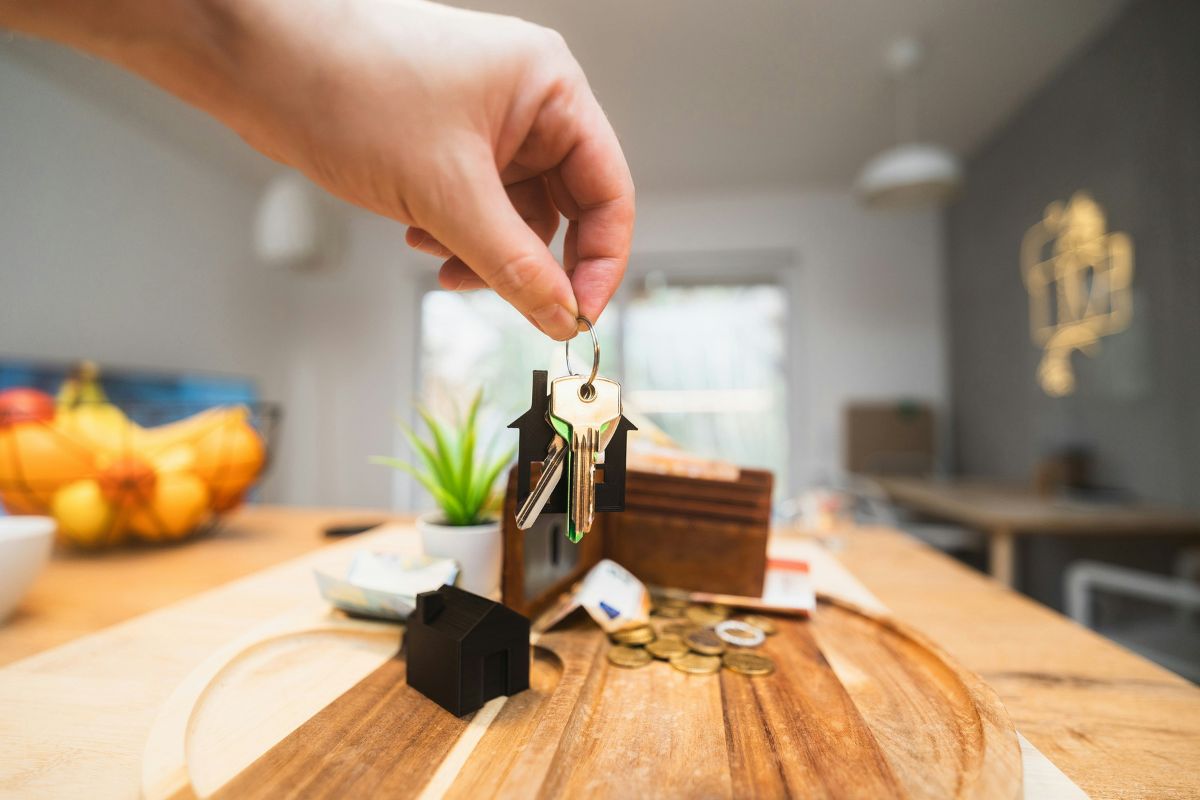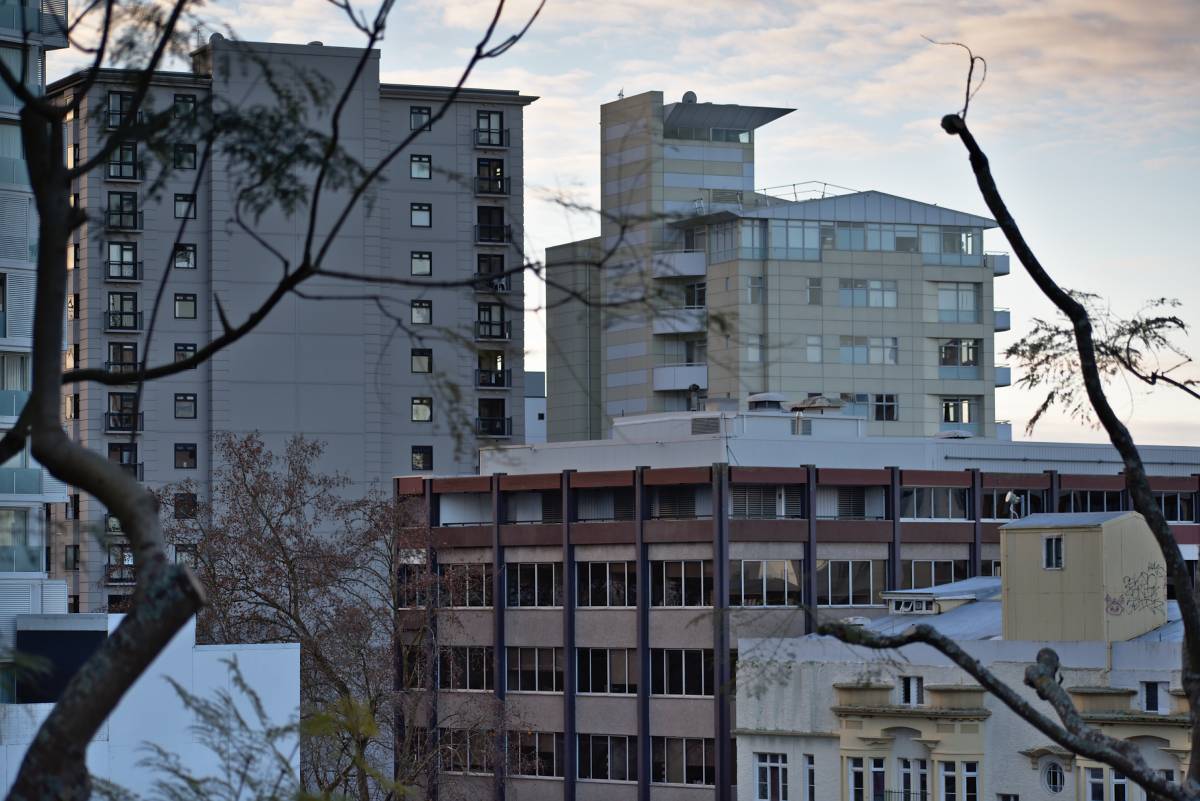Will there be a price correction this year?
Every time property investment markets experience a growth period, it doesn’t take long for the doomsday predictors to come out and say there will soon be a big crash.
Some economists come out year after year and predict price falls of up to 30% (sometimes they coincidentally have books coming out at the same time).
So far, none of those predicted price crashes have occurred (with specific exceptions such as mining towns where inflated prices were stopped by mines closing down).
However, the sort of growth that we experienced over the last two years all over Australia is not likely to continue at the same pace for much longer.
So this year or next, a lot of economists are predicting a correction.
How bad is a correction?
Not bad at all. Property markets generally work in a cycle that involves a growth period, then a plateau or drop in values (the ‘correction’), before recovering and then entering their next growth period.
The current growth surge has not lasted as long as previous ones. The Sydney boom of 2013 to 2017 is a good recent example.
After four years, the median market had grown by around 60%. During the following correction, values fell by 8.4%, which was the biggest decline of all corrections since the 1980s, according to CoreLogic’s research head Tim Lawless.
The result of that downturn was that the market was still 50% higher in value than it had been six years earlier.
From there, the market recovered in 2020 just in time to surge again in its next growth cycle.
What was different this time?
Before the 2013 boom, property values were stuck around the same level they had been 10 years earlier. A growth period was overdue.
This time around, growth was accelerated by the Covid lockdowns and the fact that everyone wanted to put their money into property in a time of uncertainty. That, combined with super low interest rates, a major shortage of listings and an economy being propped up by mortgage repayment holidays and government stimulus, resulted in 20%+ growth over 12 months for the nation’s capital cities and regional centres. And at the moment, values are still growing.
So does big growth mean a big crash?
Unlikely. The only thing that would cause a big crash in this environment is a significant increase in interest rates, which is unlikely to happen.
The RBA has not raised rates for more than 11 years. All it would take would be one rate rise and people would be paying double the amount of interest on loans they are now. If there were four rate rises and the official cash rate went from 0.1%, where it is now, to 1%, it would mean Australians would be paying 10 times more interest than they are now.
That kind of increase would cause a huge percentage of home owners to default and cause the economy to crash.
And that’s without accounting for the fresh wave of uncertainty being caused by rising case numbers of the Omicron variant of Covid.
So while there may be a rate rise or two in the next couple of years, it will be slow and steady to lessen the shock on the economy.
This will mean that the growth in the market will gradually slow over this year and next year and may then correct.
What does it mean for investors?
A correction phase represents an opportunity for investors. It means there is a brief period that buyers hold an advantage and may be able to get properties for cheaper than normal. That means that when the market recovers, you’ve already made some equity gain and when growth begins again, you gain even more.
Most investors who follow the b Invested mantra will have purchased for below market value and be planning to hold the property indefinitely. So if you got in on a good deal, you’re a step ahead and will be as long as you hold the property.
Those who may lose out are the investors who either need to sell their property in a correction phase due to some financial hardship, or those who prefer to buy, renovate and sell properties to make quick money.
If you’re one of those people, you are missing out on the next few cycles of growth, plus the rental cashflow that your property will continue to bring in as you pay it down. In short, if you sell a property, that money is the last money it will ever make for you. But if you hold property, eventually the rent will have increased enough that it pays itself off and can then go on providing wealth to you, your children and your grandchildren indefinitely.
Interested in building your property investment portfolio? Book in a Discovery Session with our Investor Relations team to see how we can help you grow your investment property portfolio.
Please visit the following site for more information:



